15 Ways Your Safe Deposit Box Becomes a Nightmare for Your Heirs
Safe deposit boxes sound like the perfect place for treasured items and important documents. They’re secure, climate-controlled, and tucked behind layers of bank security. Yet for heirs trying to settle an estate, that locked metal drawer can turn into a headache. Here’s how something meant to protect your valuables can create problems for the people you leave behind.
Original Wills Stuck Behind Lock And Key
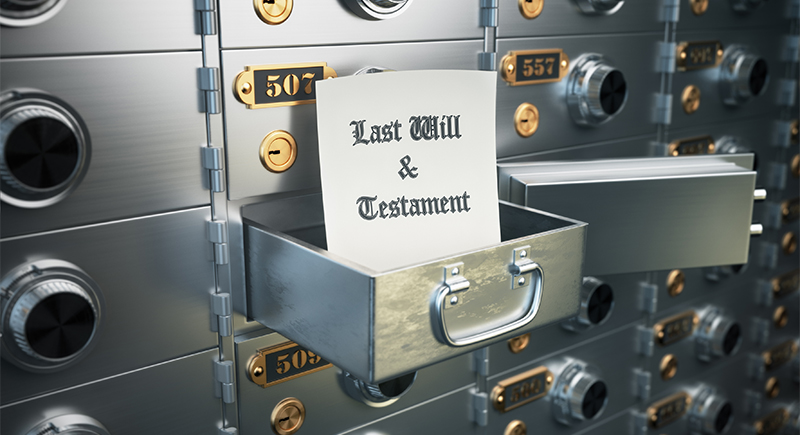
Credit: iStockphoto
When a bank seals a box after the owner’s passing, the original will inside becomes untouchable until the courts give the green light. Without it, probate can’t move forward. Even worse, some states require an executor to get a special court order just to peek inside.
Power of Attorney Documents Out of Reach
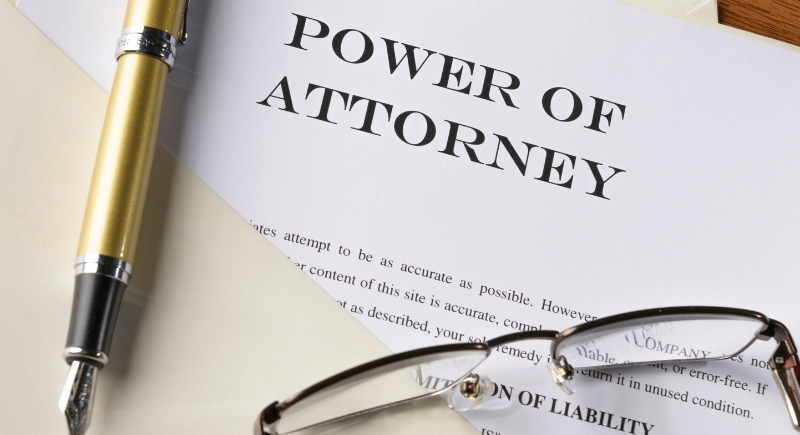
Credit: Canva
A durable power of attorney is the ultimate backup plan, unless it’s trapped in a box only the owner can open. Without it, the person you trusted to act for you can’t even get started. Financial moves and legal filings grind to a halt.
Final Letters Of Instruction Never Read

Credit: iStockphoto
Funeral preferences, memorial details, or instructions for who gets the vintage baseball card collection are wasted if the letter sits unseen in a sealed box. Handing out copies or storing them with the will means your personal requests actually stand a chance of being followed.
Cash That’s Neither Accessible Nor Insured
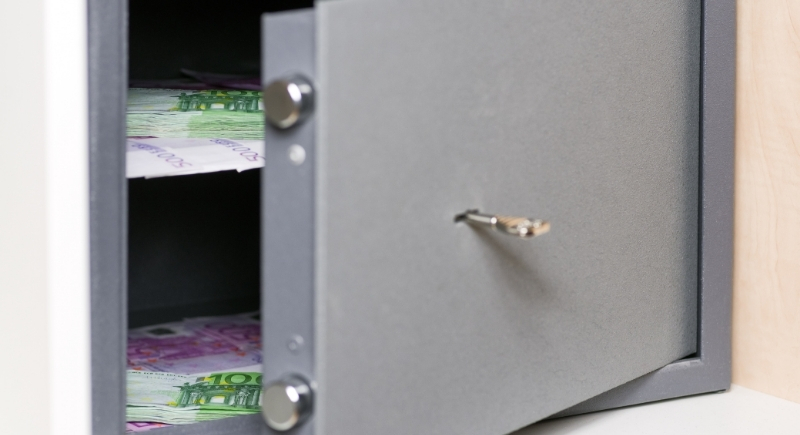
Credit: Getty Images
Some banks ban storing cash in safe deposit boxes altogether, and even if they allow it, the FDIC doesn’t insure box contents. That means theft, fire, or flooding could wipe out the stash without reimbursement. In addition to that, heirs can’t grab cash for urgent expenses.
Uninsured Valuables That Simply Disappear
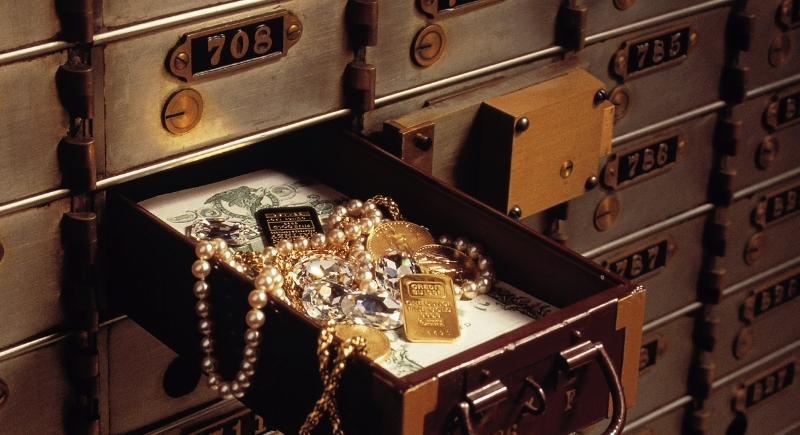
Credit: Canva
Jewelry, rare coins, or collectible watches stored without proper insurance leave heirs vulnerable. Banks don’t automatically insure box contents, and no federal law requires them to replace stolen or damaged property.
Medical Directives Hidden At The Wrong Time
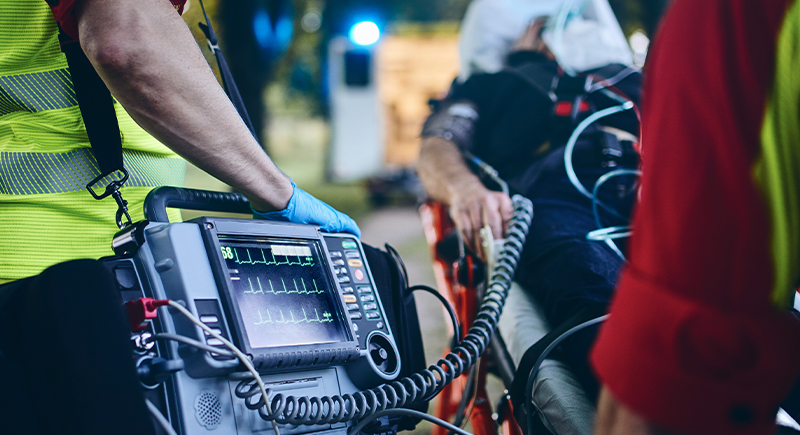
Credit: iStockphoto
Living wills and health care proxies guide life-changing decisions, but they’re useless if they’re locked away during a medical crisis. If no one can access these documents, doctors must proceed with default treatments. To prevent this, copies should be with health care providers and family members.
Natural Disasters Shutting Down Access
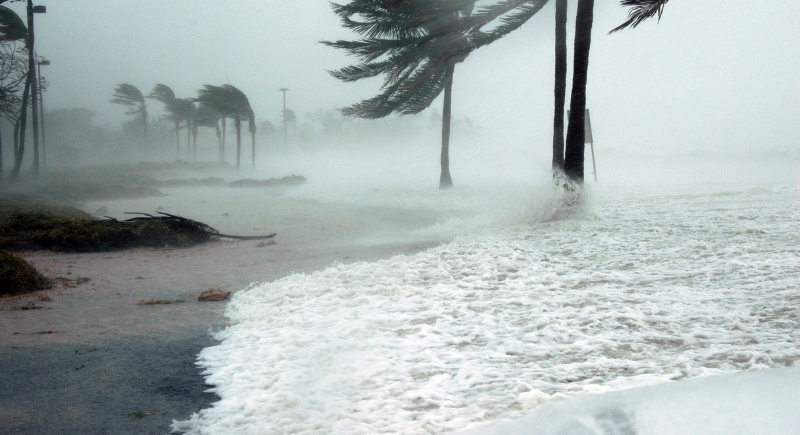
Credit: pixabay
Hurricanes, floods, and earthquakes can close bank branches for weeks. Some vaults have been damaged by disasters, putting their contents at risk. If heirs need the documents inside, like insurance policies to start a claim, they might be stuck until the branch reopens or repairs are complete.
No Protection Against Inflation For Stored Cash

Credit: Getty Images
Cash sitting in a box is losing value year after year. Inflation quietly eats away at buying power, meaning the “gift” heirs find could be worth far less than expected. Stashing the same funds in a high-yield account or certificate of deposit would let the money grow in real time.
Forgotten Keys Becoming A Barrier
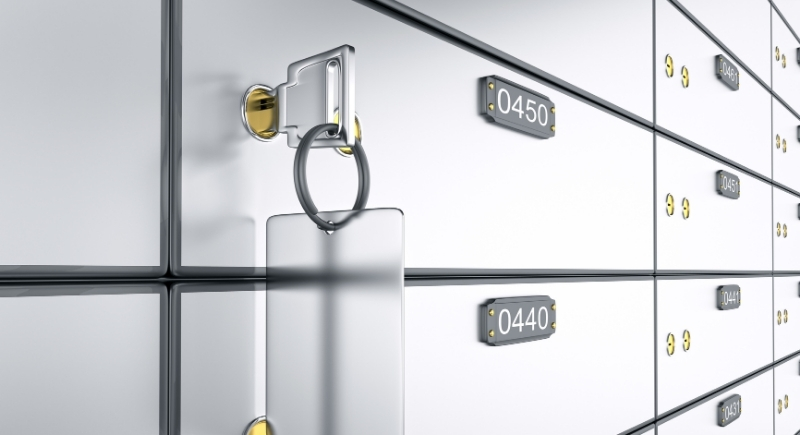
Credit: Getty Images
If no one knows where the safe deposit box key is—or that a box even exists—heirs face extra costs. Banks may require a locksmith to drill open the box, charging fees that can run into hundreds of dollars. Keeping a record of the box’s location and key, stored securely, prevents this unnecessary hassle.
Contents Lost To Bank Mergers Or Errors
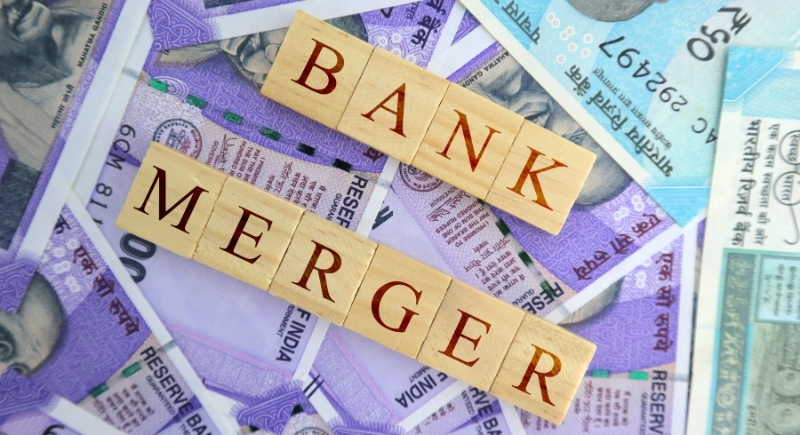
Credit: Getty Images
Branch closures and mergers sometimes disrupt safe deposit records. In rare cases, boxes have been misplaced, emptied, or even auctioned by mistake. Without an up-to-date inventory and proof that the box is yours, recovering items can be nearly impossible.
Restrictions On Who Can Access The Box
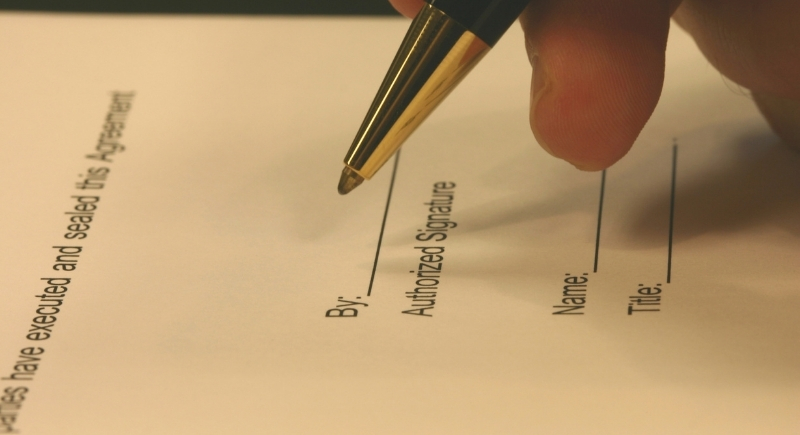
Credit: Getty Images
Even if heirs know about the box, not everyone named in a will automatically gets to open it. Only authorized signers or court-appointed executors can. If the trust or estate documents don’t list the box, the bank can refuse entry, forcing a legal process to establish rights.
Rental Fees That Outlast The Owner
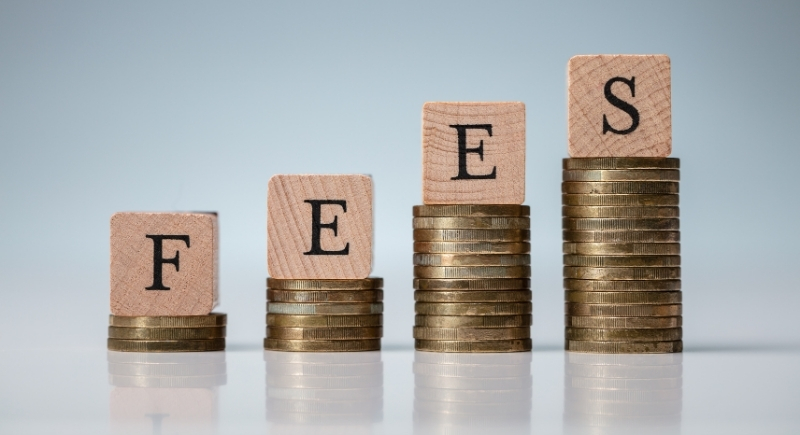
Credit: Getty Images
If box fees go unpaid, the bank won’t let them sit there forever. They’ll drill it open and send the contents to the state’s unclaimed property office. Getting them back is possible, but the process is slow and frustrating. Setting up automatic payments keeps the box from slipping into that pipeline.
Passports Locked Away During Emergencies
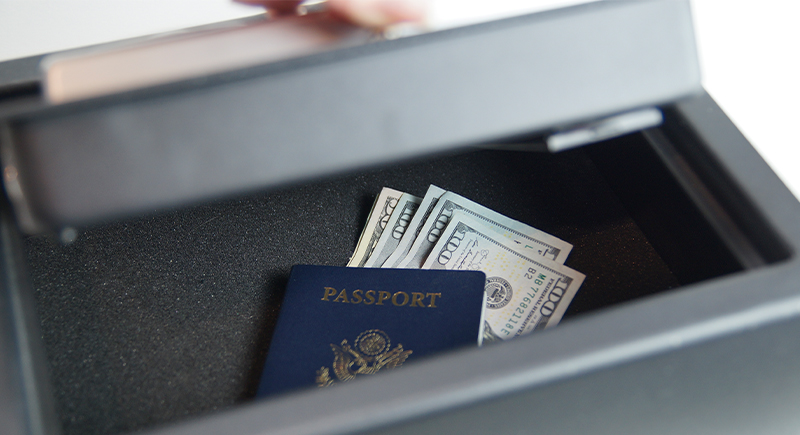
Credit: iStockphoto
Travel crises don’t wait for banking hours. If a passport is locked in a safe deposit box, you’re stuck until the branch opens, which could mean missing a flight when time matters most. Keeping passports at home in a secure spot avoids the delay.
No Clues About What’s Inside
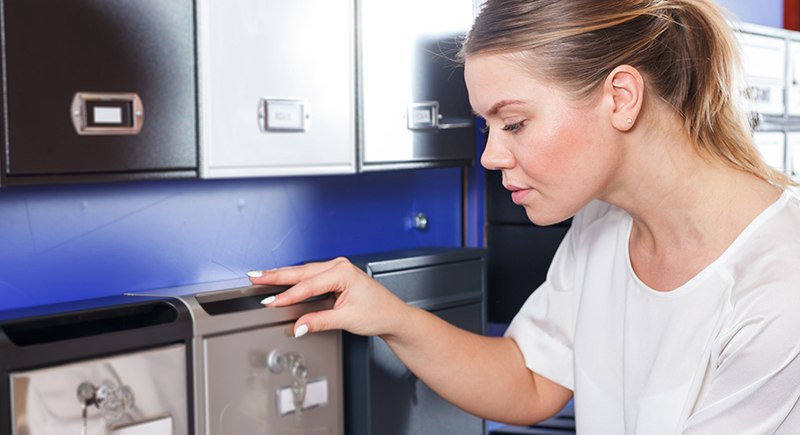
Credit: iStockphoto
Families often open a safe deposit box without the faintest idea of what’s in it. It could hold jewelry, or it could hold nothing but expired paperwork. That kind of uncertainty slows everything down and drags out the estate process. A written inventory, stored somewhere obvious, keeps heirs from guessing.
Perishable Items Going Bad
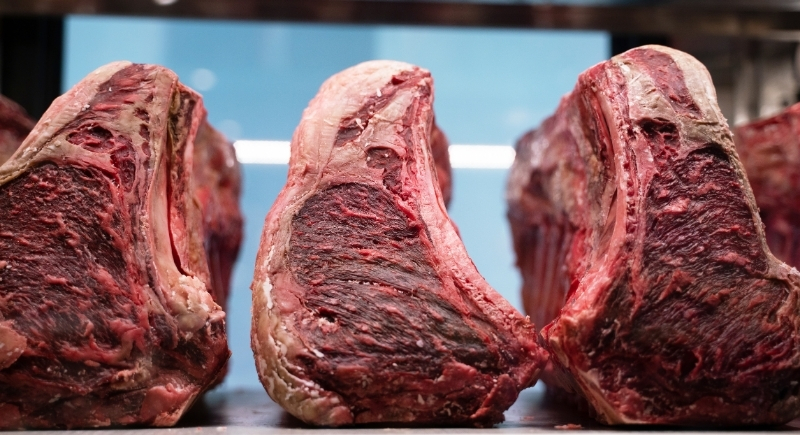
Credit: Getty Images
It’s rare, but some people store food products, like drinks, gourmet items, or even seeds. Over time, these can spoil, leak, or cause damage to other contents. This creates a mess for heirs and may reduce the value of other stored items.